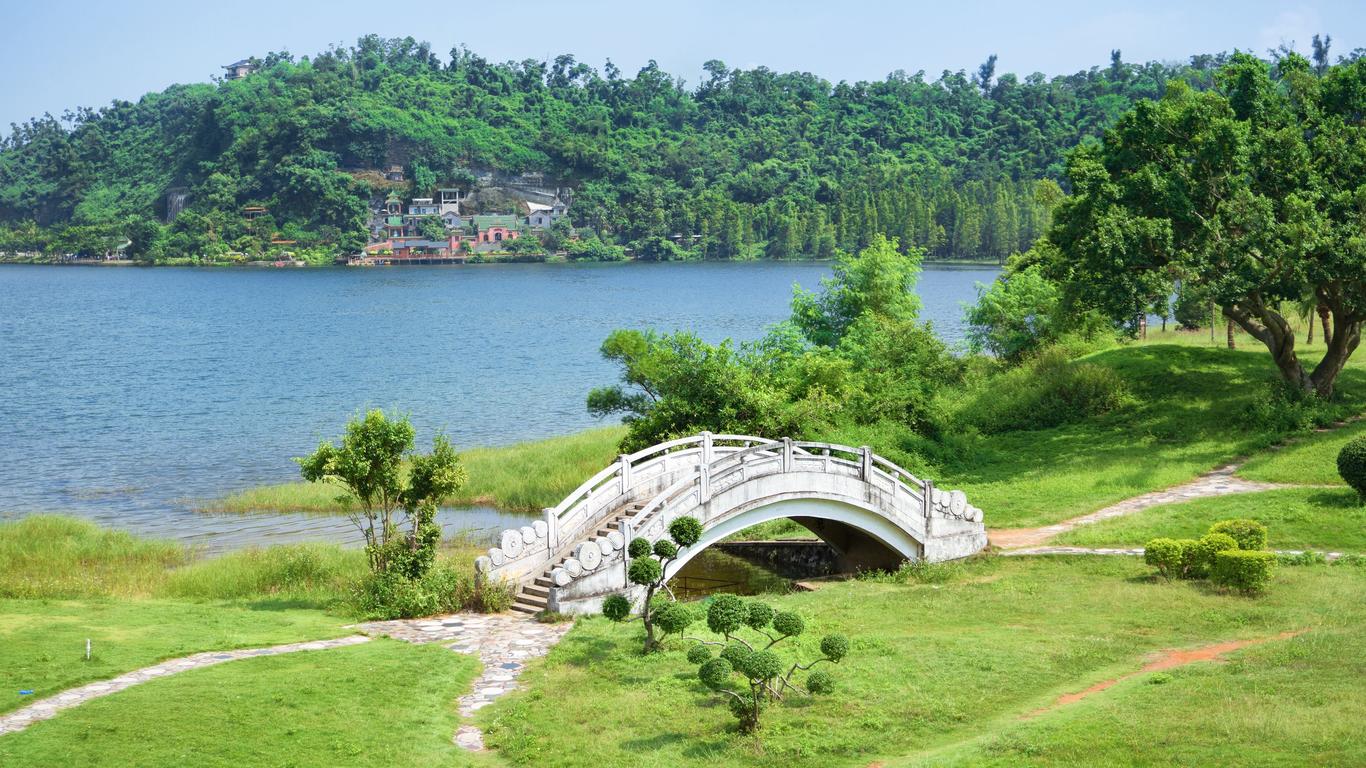Introduction
What to do
Where to eat
When to visit
How to get there
Where to stay
Renting a car
Local costs
English
- Argentina (Español)
- Australia (English)
- Belgique (Français)
- België (Nederlands)
- Bolivia (Español)
- Brasil (Português)
- Canada (English)
- Canada (Français)
- Chile (Español)
- Colombia (Español)
- Costa Rica (Español)
- Danmark (Dansk)
- Deutschland (Deutsch)
- Germany (English)
- Ecuador (Español)
- El Salvador (Español)
- España (Español)
- Espanya (Català)
- France (Français)
- Ελλάδα (Ελληνική)
- Guatemala (Español)
- Honduras (Español)
- Hong Kong (English)
- 香港 (中文)
- India (English)
- Indonesia (Bahasa Indonesia)
- Indonesia (English)
- Ireland (English)
- Israel (English)
- ישראל (עִבְרִית)
- Italia (Italiano)
- 日本 (日本語)
- Malaysia (English)
- Malaysia (Melayu)
- México (Español)
- Nederland (Nederlands)
- New Zealand (English)
- Nicaragua (Español)
- Norge (Norsk)
- Panamá (Español)
- Paraguay (Español)
- Perú (Español)
- Philippines (English)
- Polska (Polski)
- Portugal (Português)
- Puerto Rico (Español)
- República Dominicana (Español)
- România (Română)
- Suisse (Français)
- Schweiz (Deutsch)
- Singapore (English)
- South Africa (English)
- 대한민국 (한국어)
- Suomi (Suomi)
- Sverige (Svenska)
- 台灣 (中文)
- Türkiye (Türkçe)
- United Arab Emirates (English)
- United Kingdom (English)
- United States (English)
- Estados Unidos (Español)
- Uruguay (Español)
- Venezuela (Español)
- Vietnam (English)
- Việt Nam (Việt)
- Österreich (Deutsch)
- Česká republika (Čeština)
- Україна (Українська)
- المملكة العربية السعودية (العَرَبِيَّة)
- Saudi Arabia (English)
- ประเทศไทย (ภาษาไทย)
- Thailand (English)

